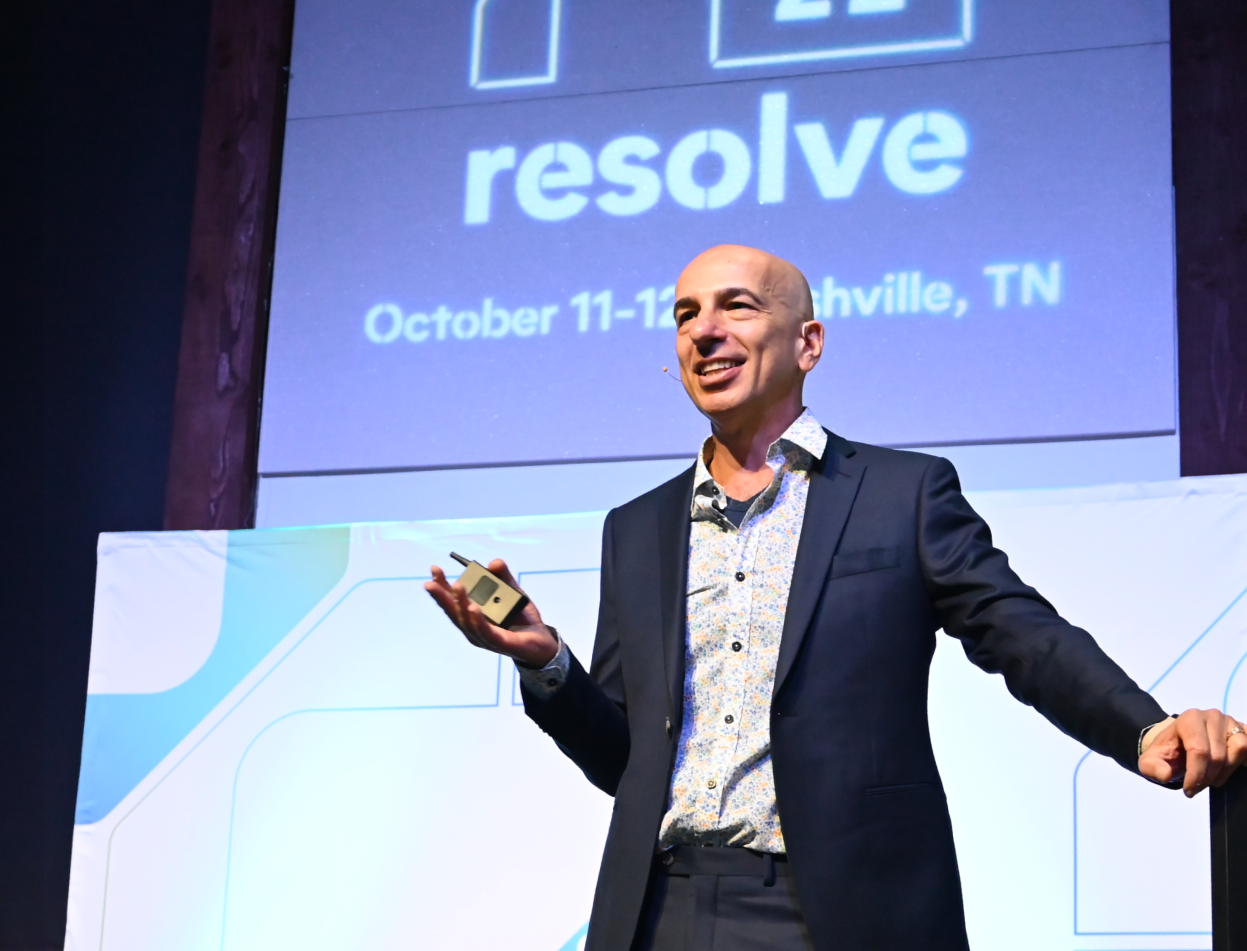Organizations are now entering the third era of IT, according to Gartner’s 2019 CIO Survey, meaning that digital communications and businesses are maturing, achieving broad scale, and adaptation and usage. AI is leading the way as the most disruptive technology, according to Gartner’s 2019 survey, with data and analytics coming in second.
With 49% of global CIOs adopting, or in the process of adopting advanced technologies such as AI and big data analytics, what does this mean for customer service and more specifically, call centers globally?

Quite simply—it’s time for change. With your organization’s reputation and ultimate success hanging on every impression you make with your customers, it’s critical to develop world class customer experiences and to not fall behind the technological revolution. As the face of your company, you can empower your call center to turn customers into brand ambassadors with the right technology.
Companies like Replicant have not only embraced, but fully pulled the curtain back on how beneficial the implementation of AI can be for call centers of all sizes—inclusive of your customers, human agents, and bottom line.
AI on the phone needs to be fast
A top consumer complaint is waiting too long to get issues resolved, whether it’s due to long hold times or slow and insufficient responses. A third of all consumers are at their highest level of frustration when they have to wait on hold, where another third are frustrated by having to repeat themselves when they get transferred throughout the call center, according to HubSpot Research.
Additionally, according to American Express, 40% of customers want their issues resolved faster. And 90% of customers rate an “immediate” response, less than 10 minutes, as either important or very important when describing a positive customer experience.
Enter Replicant’s AI solution for call centers. With its voice AI platform—Replicant Voice –Replicant can shorten and reduce errors for customer service calls. With context and faster processing of unstructured data, Replicant calls are 25-45% shorter than live agent calls and 50-70% shorter in total call length, including after call work.
Additionally, when it comes to positive conversations with customers, it’s important to keep delays between when your customers speak and when they receive responses, to a minimum. If the delay is too long, customers may think the call has dropped or otherwise leave the customer dissatisfied. With Replicant Voice, customers are guaranteed one second latency or less, while transcribing the customer’s speech to text, determining the customer’s intent, and resolving issues in real-time, all with a natural sounding voice.
AI responses must be accurate
How many times have you asked Siri for directions or to send a text and what she hears and what you said are worlds apart? Very frustrating. What good are voice commands if the digital AI-powered assistant is theoretically speaking a different language?
That’s where Replicant Voice stands out amongst industry competitors. Replicant can correctly understand customer intent with 94%+ accuracy; and, because it’s powered by continuous and active learning, every conversation with Replicant gets smarter over time. With speed and accuracy, you’re able to triage high call volumes as well as resolve tier-1 support issues, making your customer’s experience more enjoyable while taking mundane tasks off the hands of your live agents.
AI must be contextual for greater personalization
We saw earlier in this article that a third of consumers are frustrated by having to repeat themselves when they get transferred from one agent to the next or when they’ve called about the same issue repeatedly. Replicant Voice helps resolve this issue with contextual AI.
Replicant Voice can leverage data from customer relationship management (CRM) systems, previous purchases, or previous issues, to inform conversations with customers, preventing unneeded turns and impersonal experiences. Furthermore, Replicant Voice can determine when calls need to be escalated to a human agent based on the concern, urgency, or emotion of the caller, allowing human agents to solve more advanced issues. Along with intelligent transfers to human agents, Replicant Voice automatically captures call summary notes so that agents are prepared prior to every call, preventing callers from having to start from the beginning repetitiously.

Customer service is on the brink of a major transformation. With Replicant Voice, you can manage demands on your call center with fewer errors, lower costs, and the ability to scale up or down based on volume. Just like speaking to a human agent, Replicant Voice is fast, accurate, and contextual—giving your customers the consistent and high-level support they demand.
Visit us at Replicant.ai to learn more!





